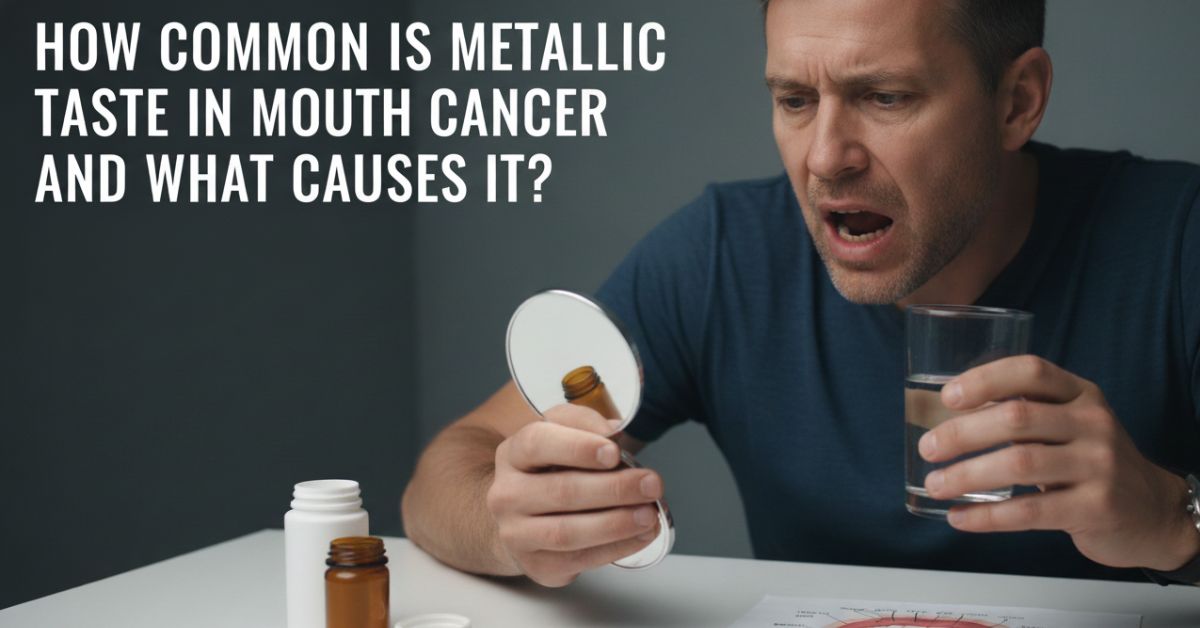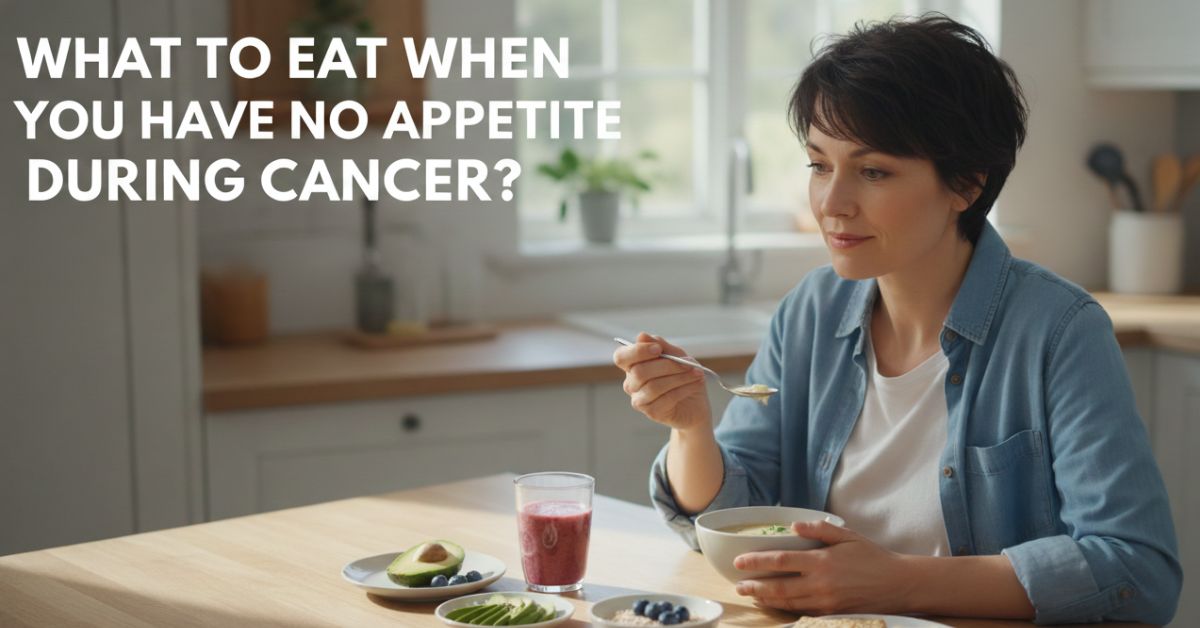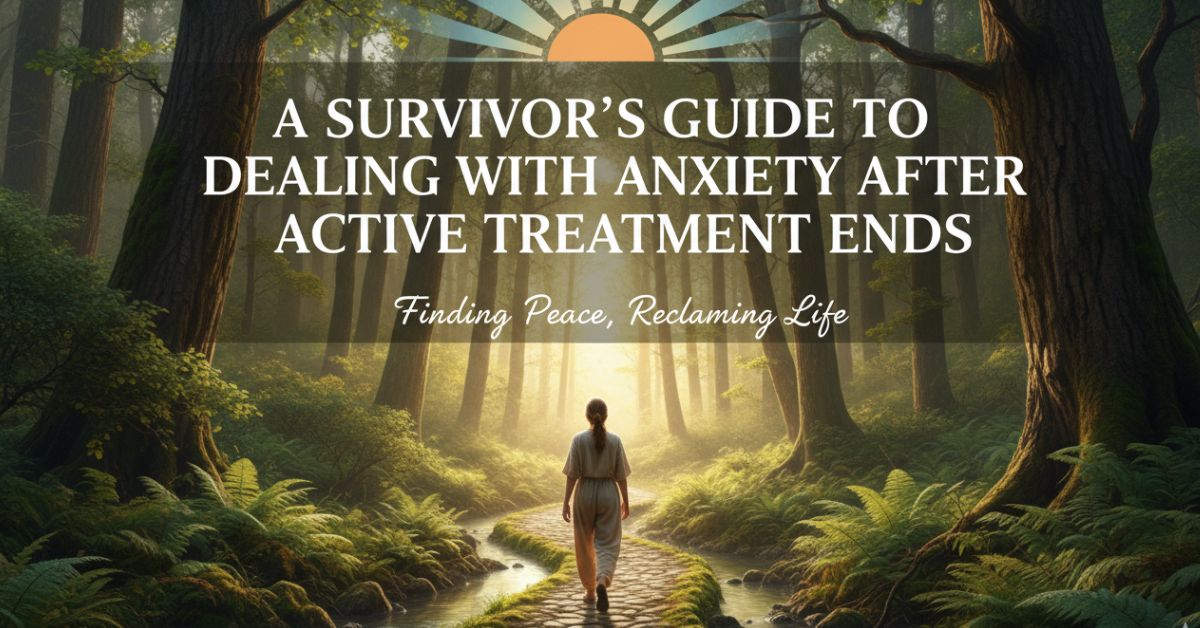Hearing the word cancer changes everything. In that moment, your mind fills with questions and uncertainty. Before starting treatment, it’s important to talk openly with your oncologist. The right questions help you understand what’s ahead, what choices you have, and how to prepare yourself and your loved ones.
If you’re unsure where to begin, here are 10 questions to ask oncologist during your early visits. These will help you make informed decisions and feel more confident about your care plan.
Here Are the Important Questions to Ask an Oncologist
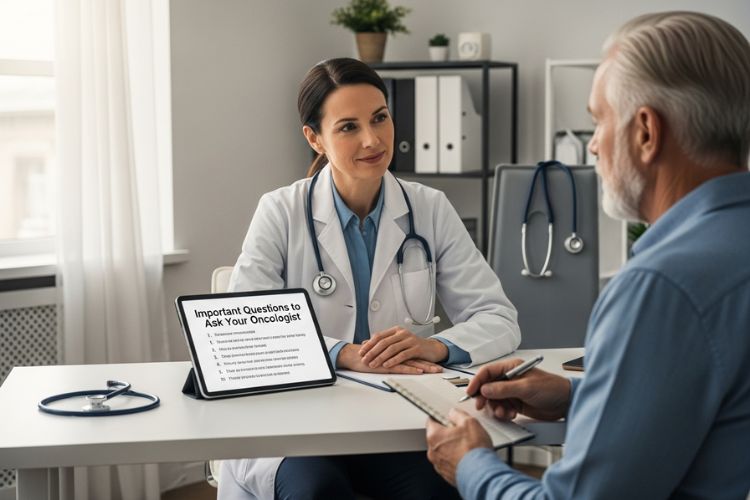
Your first few appointments are a chance to gather clarity and build trust with your care team. You can better grasp your diagnosis, available treatments, and what to anticipate during your journey by asking specific questions. Whether you are newly diagnosed or considering a second opinion, these questions will help you feel more prepared, supported, and in control of your choices.
1. What Type and Stage of Cancer do I Have?
This is one of the first and most important questions to ask your oncologist. Understanding your diagnosis helps you know how serious the cancer is and how it behaves. Ask your doctor to explain what the stage means, whether the cancer has spread, and what test results show. The more clearly you understand your situation, the easier it is to make choices about treatment.
2. What Treatment Options are Available for My Condition?
There are many types of cancer treatments, such as surgery, radiation, chemotherapy, targeted therapy, and immunotherapy. Each has its own purpose and potential results. This is one of the questions to ask about cancer treatment early in your discussion. Ask what options are suitable for your type and stage of cancer and how they differ in terms of recovery, side effects, and success rates.
3. What Treatment Do You Recommend and Why?
Your oncologist will likely suggest a specific plan. This is a good time to ask why they believe it’s best for you. Some treatments aim to cure the cancer completely, while others help control symptoms or slow its growth. Asking this question helps you understand how the doctor’s recommendation fits your goals and health condition.
4. What are the Possible Side Effects and Long-Term Risks?
Cancer treatments can affect your body in many ways. Ask what side effects to expect during and after therapy. Some may appear right away, while others might develop over time. It’s one of the questions to ask an oncologist that can help you prepare both physically and mentally. You can also ask how to manage side effects through diet, exercise, and supportive care.
5. How Will Treatment Affect My Daily Life?
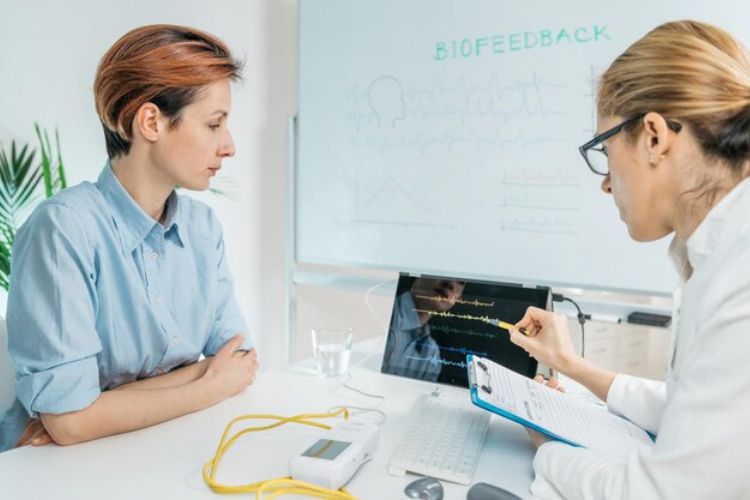
This is one of the questions to ask at first oncology appointment that patients often overlook. Treatment might impact your energy levels, appetite, sleep, and work schedule. Ask whether you can continue your daily routine, drive, or go to work. Knowing this helps you plan your time and set realistic expectations for yourself and your family.
If you need help balancing life and treatment, you can explore cancer survivor resources that offer guidance, personal stories, and practical tools to help patients manage emotional and physical challenges throughout their journey.
6. What Are My chances of Recovery or Remission?
Every patient wants to know what the future might hold. While no doctor can promise an exact outcome, they can share realistic expectations. Ask about your survival rate, remission chances, and how your specific case compares to others. It’s not about predicting the future but understanding what to hope for and how to stay positive throughout your journey.
7. How Experienced Are You and Your Team With My Type of Cancer?
Experience can make a big difference in outcomes. One of the most significant questions to ask your oncologist is about their background treating your type and stage of cancer. Don’t hesitate to ask how many patients they’ve treated and what their results have been. You can also ask if they collaborate with a multidisciplinary team that includes surgeons, nutritionists, and mental health specialists.
8. What Supportive Care Options are Available?
Treatment for cancer is more than just medicine. Pain management, diet, and emotional well-being are all equally important. Inquire about spiritual direction, physiotherapy, counseling, and nutritional support. This is one of the questions to ask about cancer treatment that helps you look at the bigger picture of healing, not just the disease itself. Good supportive care can improve your quality of life throughout treatment and recovery.
9. Should I Consider a Second Opinion or Clinical Trial?
Many patients seek a second opinion to confirm their diagnosis or explore new therapies. It’s one of the smartest questions to ask oncologist before making final decisions. Also, ask if you’re eligible for clinical trials. These studies often offer access to advanced therapies that aren’t yet widely available. A second opinion doesn’t mean you doubt your doctor; it simply ensures you’re making the best possible choice.
10. What Happens After Treatment Ends?

Cancer care doesn’t stop when treatment finishes. Follow-up care is essential for monitoring your health and detecting any recurrence early. Ask how often you’ll require checkups, what scans or blood tests you’ll require, and what lifestyle changes can support your recovery. This is one of the questions to ask at the first oncology appointment, so you can understand what long-term support will look like.
You can also connect with cancer survivor support programs to stay emotionally and mentally strong after treatment. These communities provide counseling, survivor mentorship, and group activities that remind you you’re never alone on this path.
Take Notes and Bring Support
When meeting your oncologist, it helps to bring a notebook or a trusted friend. Sometimes, the amount of information can feel overwhelming. Writing things down helps you remember important points and make informed decisions later.
Conclusion
Asking the right questions to ask oncologist empowers you to take an active role in your care. It helps you understand your treatment options, side effects, and the path ahead with confidence. Every question, no matter how small, matters. The goal is not just to treat cancer but to care for your whole self, body, and mind.
For more trusted information and real patient insights, iSurviveCancer provides guidance, support, and practical help to navigate recovery with clarity and strength.



